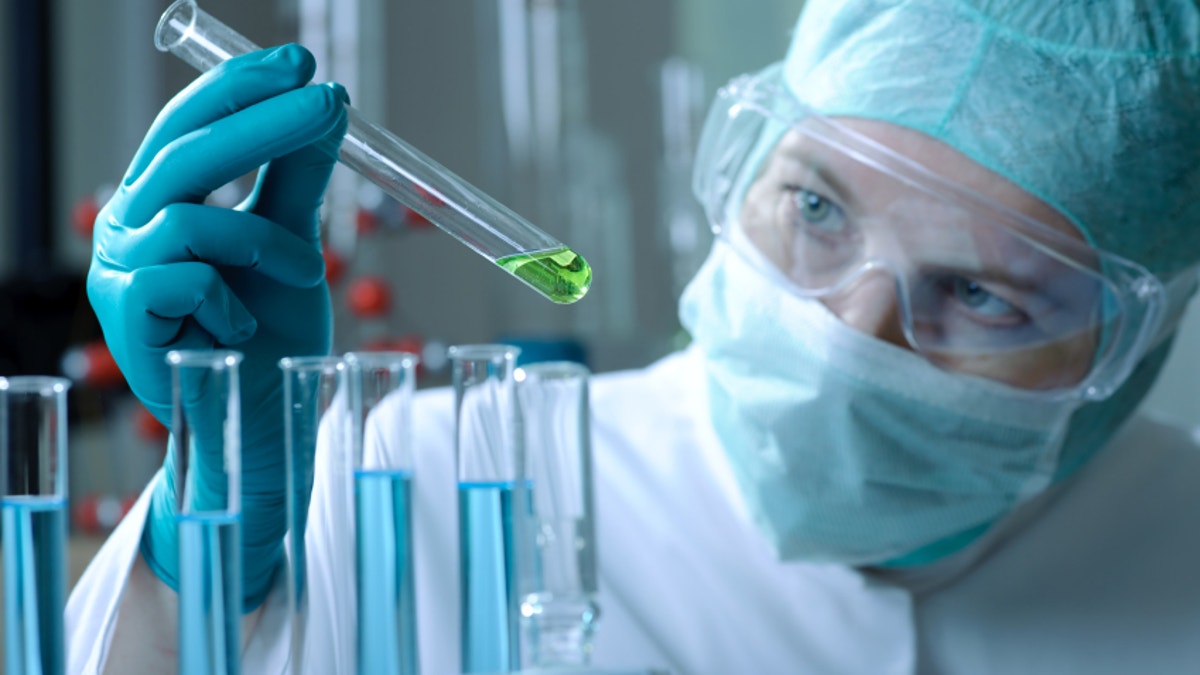
ROCHESTER, Minn. – Descending in darkness, a FedEx Corp. cargo jet touched down on a runway at 5:44 a.m., filled with hundreds of identical, raspberry-colored boxes.
A truck painted the same color soon sped the boxes, all human blood and cell samples, to more than 40 laboratories at the nearby Mayo Clinic, based here. Most every day, an onslaught of about 30,000 specimens arrives for tests to answer what can be life-or-death questions: Does the patient have cancer? Which drug treatment has the best chance of success?
The predawn drill is part of the multibillion-dollar-a-year business in “lab-developed tests.” An estimated 100,000 such tests have been developed by hospitals and lab operators, which screen samples sent by doctors, other hospitals and consumers. That differs from traditional lab tests, where companies sell diagnostic machines and test kits for use across the U.S.
The Food and Drug Administration sees lab-developed tests as the Wild West of medicine, citing examples of inaccurate tests it claims put patients at risk. The agency is trying to toughen its supervision next year after largely leaving the business alone for decades and focusing most of its oversight on traditional testing methods.
Lab-developed test providers are fighting back. They say their tests are accurate and even lifesaving. Industry officials say heightened regulation could stifle innovation.
